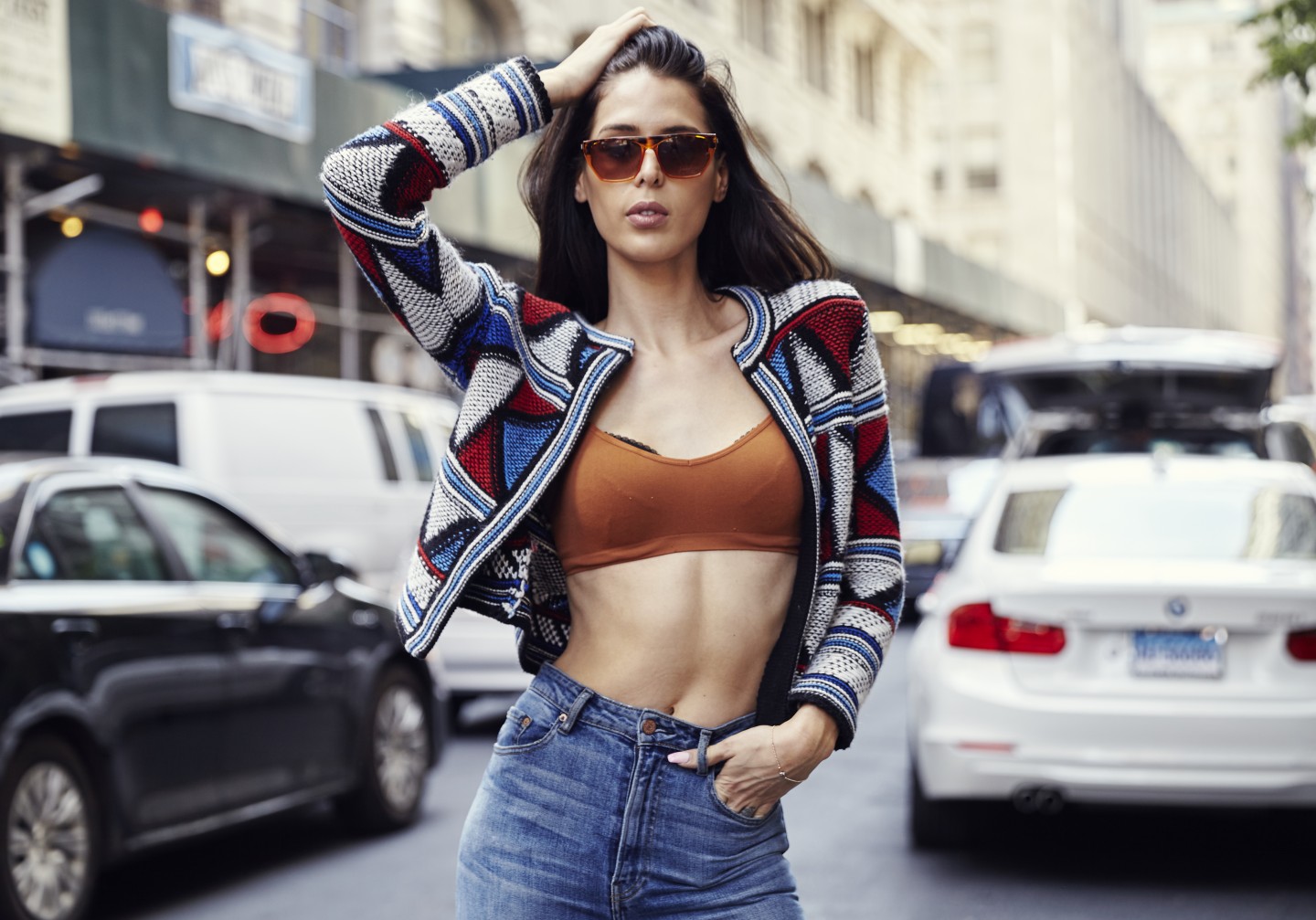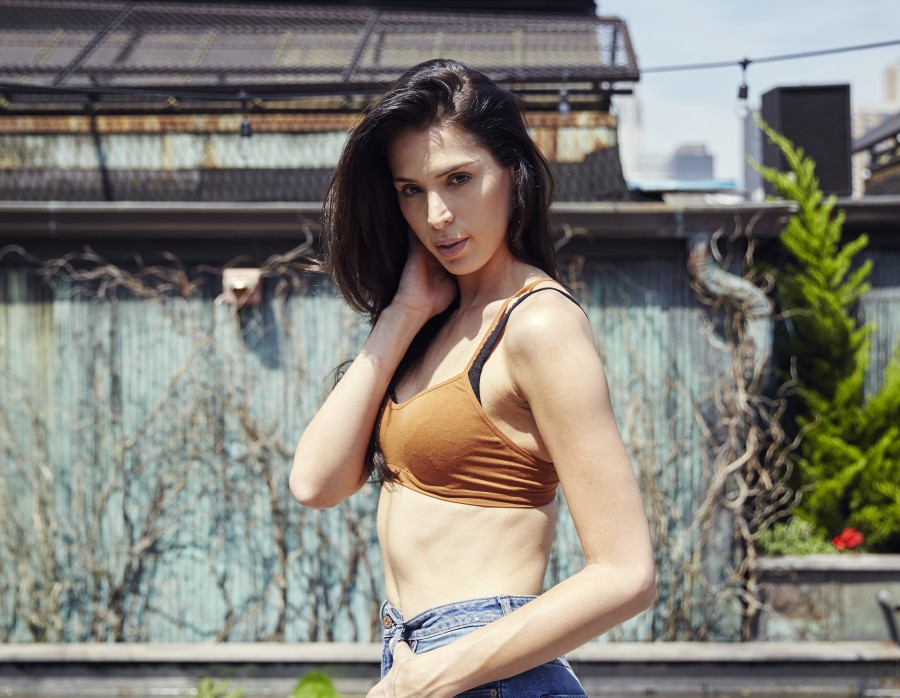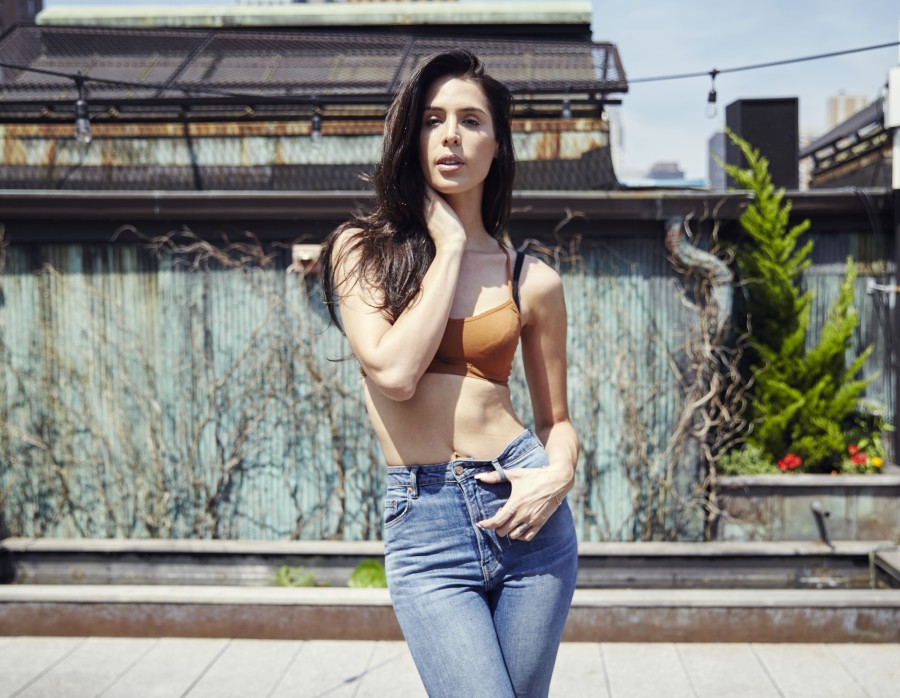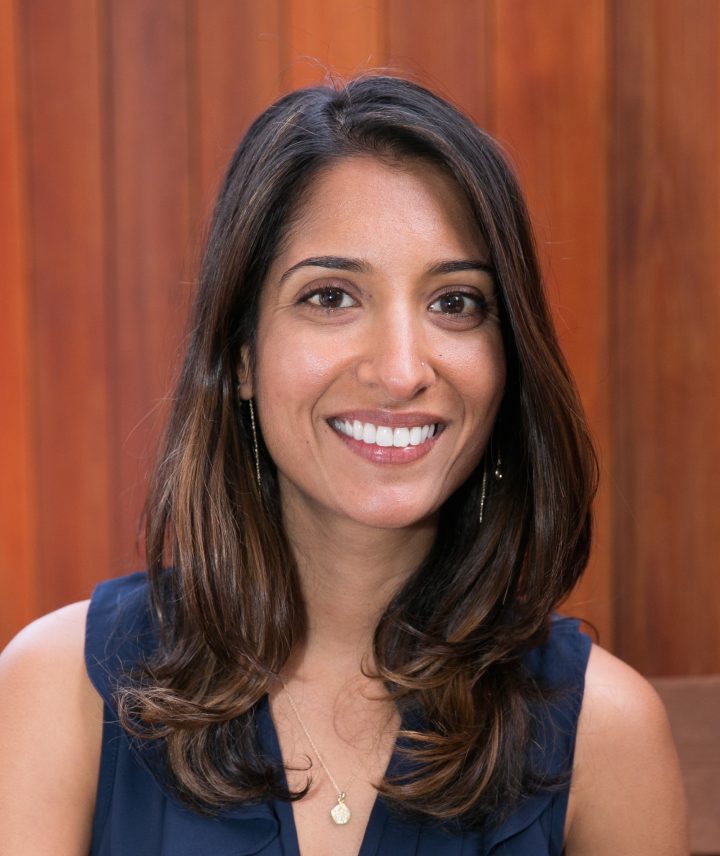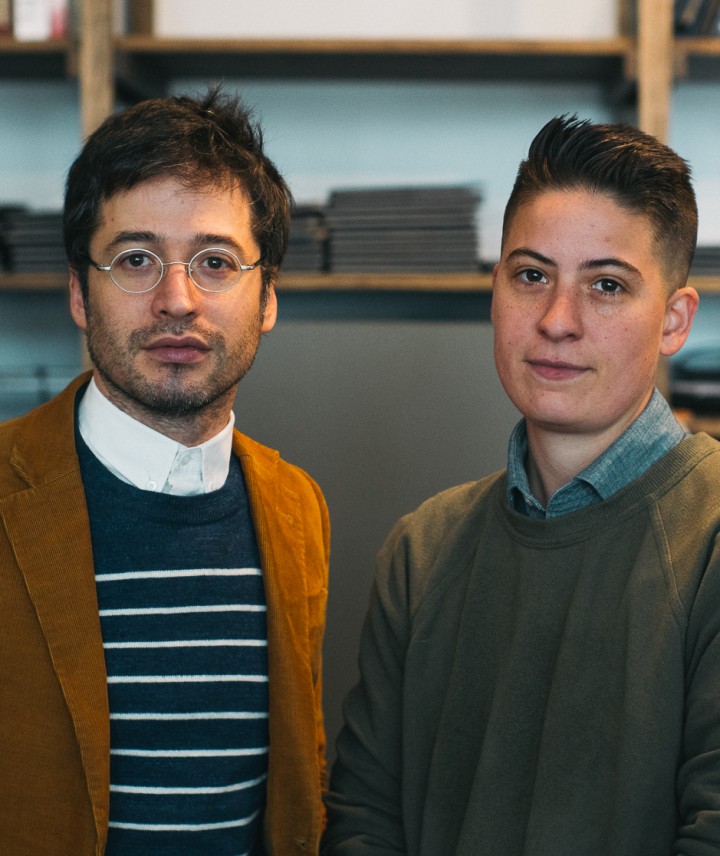“I definitely feel misunderstood,” explains 31-year-old model Carmen Carrera atop New York’s Park South Hotel. “People who know me from RuPaul’s Drag Race say, ‘Wait. I thought she was a man. And now she has boobs?’ It can be difficult to grasp.”
When Carrera first gained fame on season three of the reality TV series, she identified as a gay male. Now, five years later, she’s married. She’s a step-mother to two young girls. And, most significantly, her body also matches her soul.
“I chose to make my transition publicly,” she remembers. “I documented everything on social media, spoke about it whenever I could… Because I remember how hard it was growing up without any visible resources, so, I try to let people in — to inspire them to consider what’s possible.”
Five years later, Carrera has turned her focus to Latin America, a part of the world she describes as “stuck in out-of-date ways of seeing other people.” The Puerto Rican-Peruvian has taken her show on the road, raising awareness for trans issues and showing those who suffer how much joy there is in being yourself.
